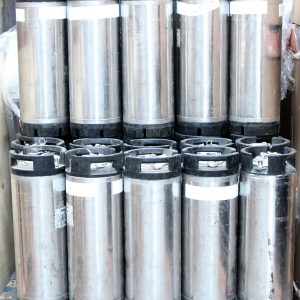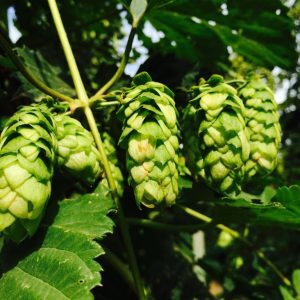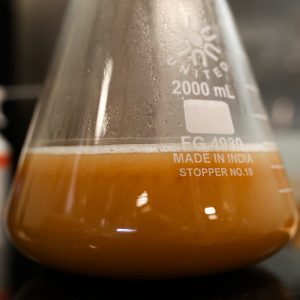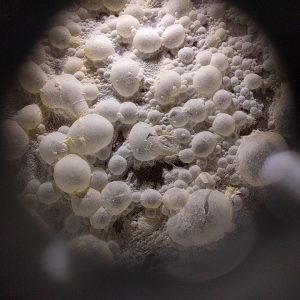Our staff can be considered keg kings in their own right, enjoying a passion for making great beer, whilst also sharing their knowledge and experiences with others. We love to showcase their brewing talents to you with our regular fortnightly brewing demos. Keg King brewing demos provide brewers with firsthand equipment and ingredient samples. Our staff brewers are happy to answer any questions relating to beer, brewing procedures and brewery processes.
Brewing Demos are announced via our website and our social media channels. Our brewers select a style and develop a recipe that they are interested in brewing, but we are always happy to receive requests for what we should brew next.







